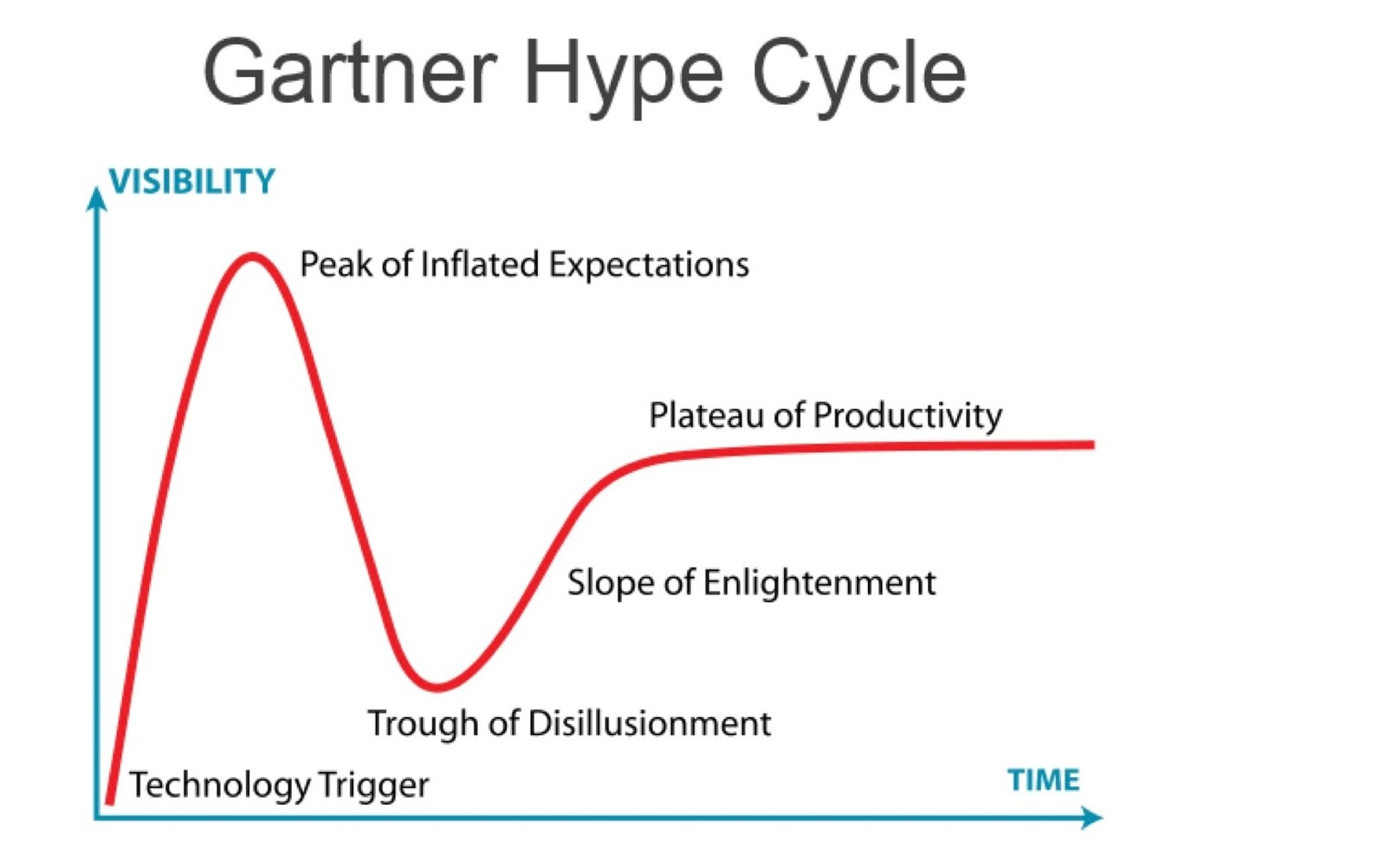this post was submitted on 21 Aug 2024
251 points (95.0% liked)
Technology
60021 readers
1944 users here now
This is a most excellent place for technology news and articles.
Our Rules
- Follow the lemmy.world rules.
- Only tech related content.
- Be excellent to each another!
- Mod approved content bots can post up to 10 articles per day.
- Threads asking for personal tech support may be deleted.
- Politics threads may be removed.
- No memes allowed as posts, OK to post as comments.
- Only approved bots from the list below, to ask if your bot can be added please contact us.
- Check for duplicates before posting, duplicates may be removed
Approved Bots
founded 2 years ago
MODERATORS
you are viewing a single comment's thread
view the rest of the comments
view the rest of the comments

Why are you isolating a single algorithm? There are tons of them that speed up various aspects of linear algebra and not just that single one, and many improvements to these algorithms since they were first introduced, there are a lot more in the literature than just in the popular consciousness.
The point is not that it will speed up every major calculation, but these are calculations that could be made use of, and there will likely even be more similar algorithms discovered if quantum computers are more commonplace. There is a whole branch of research called quantum machine learning that is centered solely around figuring out how to make use of these algorithms to provide performance benefits for machine learning algorithms.
If they would offer speed benefits, then why wouldn't you want to have the chip that offers the speed benefits in your phone? Of course, in practical terms, we likely will not have this due to the difficulty and expense of quantum chips, and the fact they currently have to be cooled below to near zero degrees Kelvin. But your argument suggests that if somehow consumers could have access to technology in their phone that would offer performance benefits to their software that they wouldn't want it.
That just makes no sense to me. The issue is not that quantum computers could not offer performance benefits in theory. The issue is more about whether or not the theory can be implemented in practical engineering terms, as well as a cost-to-performance ratio. The engineering would have to be good enough to both bring the price down and make the performance benefits high enough to make it worth it.
It is the same with GPUs. A GPU can only speed up certain problems, and it would thus be even more inefficient to try and force every calculation through the GPU. You have libraries that only call the GPU when it is needed for certain calculations. This ends up offering major performance benefits and if the price of the GPU is low enough and the performance benefits high enough to match what the consumers want, they will buy it. We also have separate AI chips now as well which are making their way into some phones. While there's no reason at the current moment to believe we will see quantum technology shrunk small and cheap enough to show up in consumer phones, if hypothetically that was the case, I don't see why consumers wouldn't want it.
I am sure clever software developers would figure out how to make use of them if they were available like that. They likely will not be available like that any time in the near future, if ever, but assuming they are, there would probably be a lot of interesting use cases for them that have not even been thought of yet. They will likely remain something largely used by businesses but in my view it will be mostly because of practical concerns. The benefits of them won't outweigh the cost anytime soon.
I'm so dreadfully sorry. I cannot help myself. Please forgive me.
It's "zero kelvins" not "zero degrees Kelvin."
You don't have to be sorry, that was stupid of me to write that.
To show that quantum computing only helps with very specific parts of very specific algorithms.
A QC is not a CPU, it's not a GPU, it's closer to a superpowered FPU.
Because the same functionality would be available as a cloud service (like AI now). This reduces costs and the need to carry liquid nitrogen around.
It is this. QC only enhances some very specific tasks.
Yes, exactly my point. QC is a less flexible GPU.
Because they would need to use the specific quantum enhanced algorithms frequently enough to pay to have local, always on access.
Agree. Unless some magic tech, like room temperature superconductors, turns up there will only be quantum as a service supplied for some very specific business needs.
Okay, you are just misrepresenting my argument at this point.
Actually I think we are mostly agreeing.
The difference is that you think that the technology will quickly be made cheap and portable enough for mass consumption and I think it will remain, for quite some time, niche and expensive, like high end, precision industrial equipment.